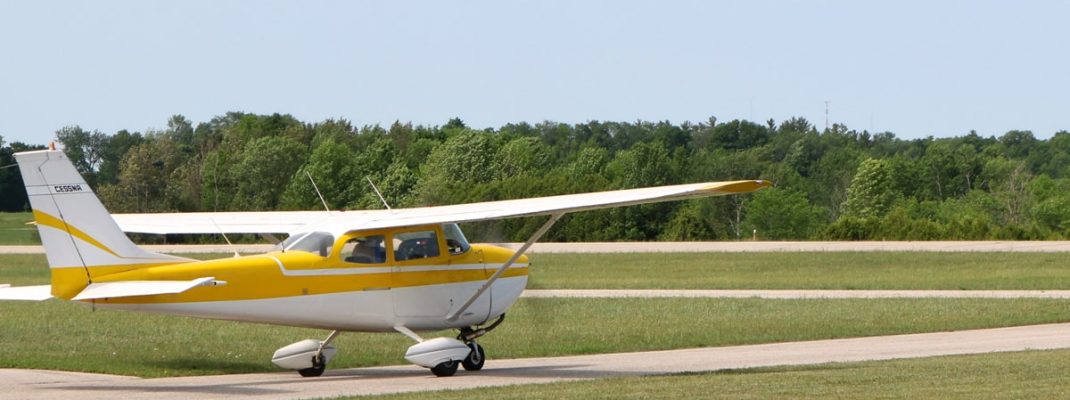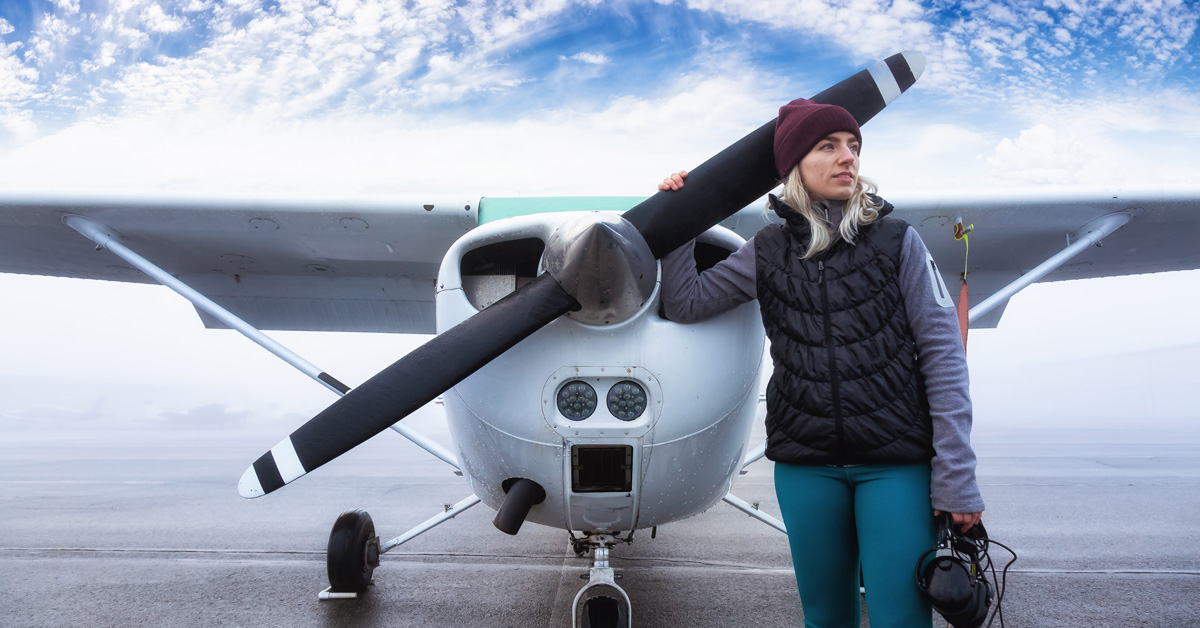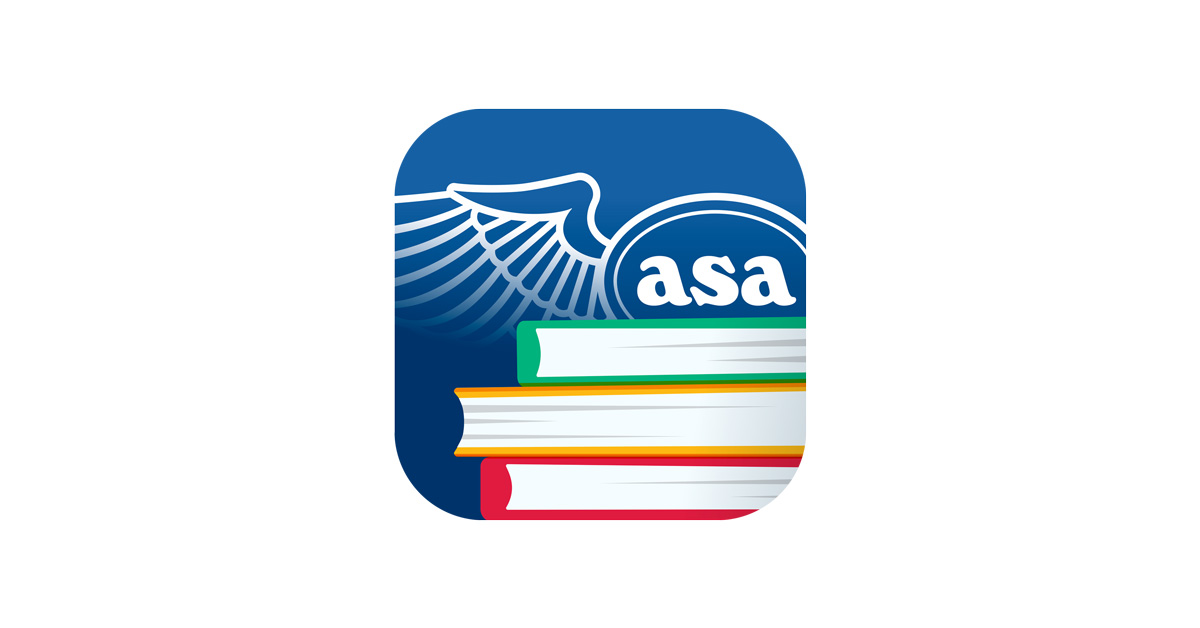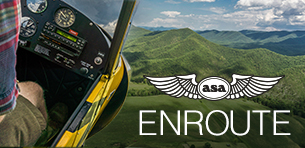If these last posts have convinced you that you would like to be a pilot, that’s great! Bob Gardner’s book, The Complete Private Pilot is a great place to start! Here is an excerpt from his book:
So you want to be a pilot! You’ve come to the right place. If you haven’t already done so, go to www.beapilot.com or www.learntofly.com for a background and then visit your local airport for an introductory ride. Since the first edition of this book was published in 1985, computer use is widespread. Students and certificated pilots who do not own computers have access through schools, libraries, and community centers. You will want to get an up-to-date copy of Part 61 of the Federal Aviation Regulations (FARs), which fully details the regulatory requirements for obtaining a pilot certificate. Or go to www.faa.gov and click on “Regulations and Procedures.” This website will save you a lot of money. The following is a summary of the adventure on which you are embarking:
First, there is the Part 61/Part 141 quandary. Are there flight schools of which the FAA does not approve? Are they safe? Understandable confusion. Flight schools that operate under Part 141 of the FARs are strictly regulated by the Federal Aviation Administration (FAA or Feds), their flight and ground school courses must be FAA-approved, among many, many other requirements. Students who learn better in a structured climate will choose a Part 141 school. Instructors at a Part 61 school should operate from a syllabus, just as in a Part 141 school, but they are not required to do so. Ground school is not required at a Part 61 school. If your life and work schedule do not fit into a relatively strict training regime, Part 61 is for you. Safety? The airplanes and instructors at both types of school must meet the same standards.
Then there is the sport pilot/recreational pilot/private pilot question. If you just want to experience the joy of flight, boring holes in the sky and going to pancake breakfasts at small airpots, working toward the recreational pilot certificate will require less flight time (and money) but your privileges will be somewhat restricted. Some of the restrictions can be removed by an instructor’s endorsement in your logbook, others cannot. Still, getting a sport or recreational pilot certificate is a good first step toward the unrestricted private pilot certificate. Rest assured, your flight instructor wants you to know as much as possible, and if your ultimate goal is the private pilot certificate, will strongly urge you to start working on it right away.
You can purchase The Complete Private Pilot on our website at ASA2Fly.com, which also contains even more resources for student pilots.
Have a safe journey!






